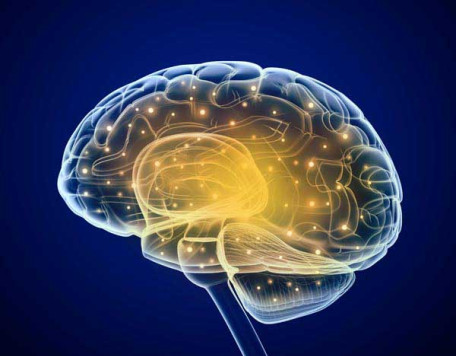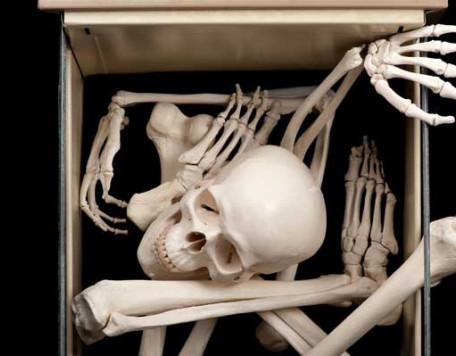© Pint of Science, 2025. All rights reserved.
How does the heart impact on the creative process? Professor Anne Graham, a molecular biologist and Alan Dix, artist and theatre maker might have the answer. We will also explore rewilding Britain's uplands.
Looking at the Plumbing - What our blood vessels do for us
Dr Kirsten Riches-Suman
(Associate Professor)
From the depths of our brains to the tips of our toes, our blood vessels are at the heart of every part of our body. They keep our blood pressure steady, help our immune system fight infections and help our body repair itself when we've had an injury. But - like all of us - blood vessels get stiff and tired with age. In my lab we look at the building blocks of blood vessels; how age affects them, how common conditions like diabetes can make them seem even older than they are, and how we might be able to slow down the ageing process to improve our vascular health.
This Ole Heart
Alan Dix
(Artistic Director 509 Arts)
Professor Anne Graham
(Head of School of Chemistry & Bioscience)
Anne and Alan will be in conversation to explore the physiology of the ageing heart, how it impacts upon lifestyle, health and longevity and what we can do to keep our vascular and creative juices flowing in old age.
Rewilding Britain’s uplands: how ecosystem restoration could help tackle climate change and biodiversity loss.
Luke Steele
(Postgraduate Researcher)
The hills, valleys, moors and mountains which form the UK’s uplands are an iconic part of the national landscape, representing approximately 40% of the country’s total landmass. They are a crucial source of public goods such as carbon storage, clean water, flood management, maintenance of biodiversity and provision of open spaces for access and enjoyment. But there is a growing body of ecological research evidencing that the prevailing model of intensive upland management can result in drastic environmental changes which hinder the key role of these landscapes.
Map data © OpenStreetMap contributors.
Other Theatre in the Mill events
2025-05-19
Storytelling and Ageing Minds
Theatre in the Mill
Off Shearbridge Road, University of Bradford, Bradford, BD7 1DP, United Kingdom
2025-05-21
Childhood Life: Movement and Medieval Times
Theatre in the Mill
Off Shearbridge Road, University of Bradford, Bradford, BD7 1DP, United Kingdom




